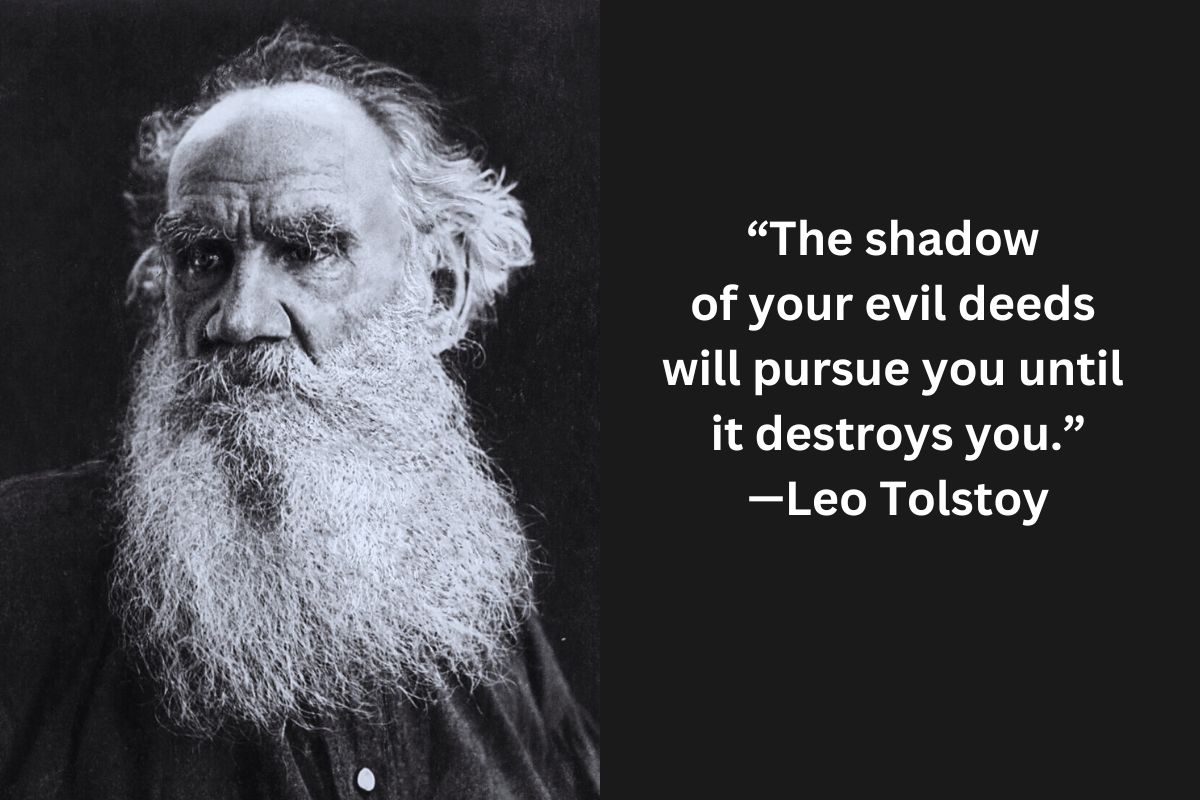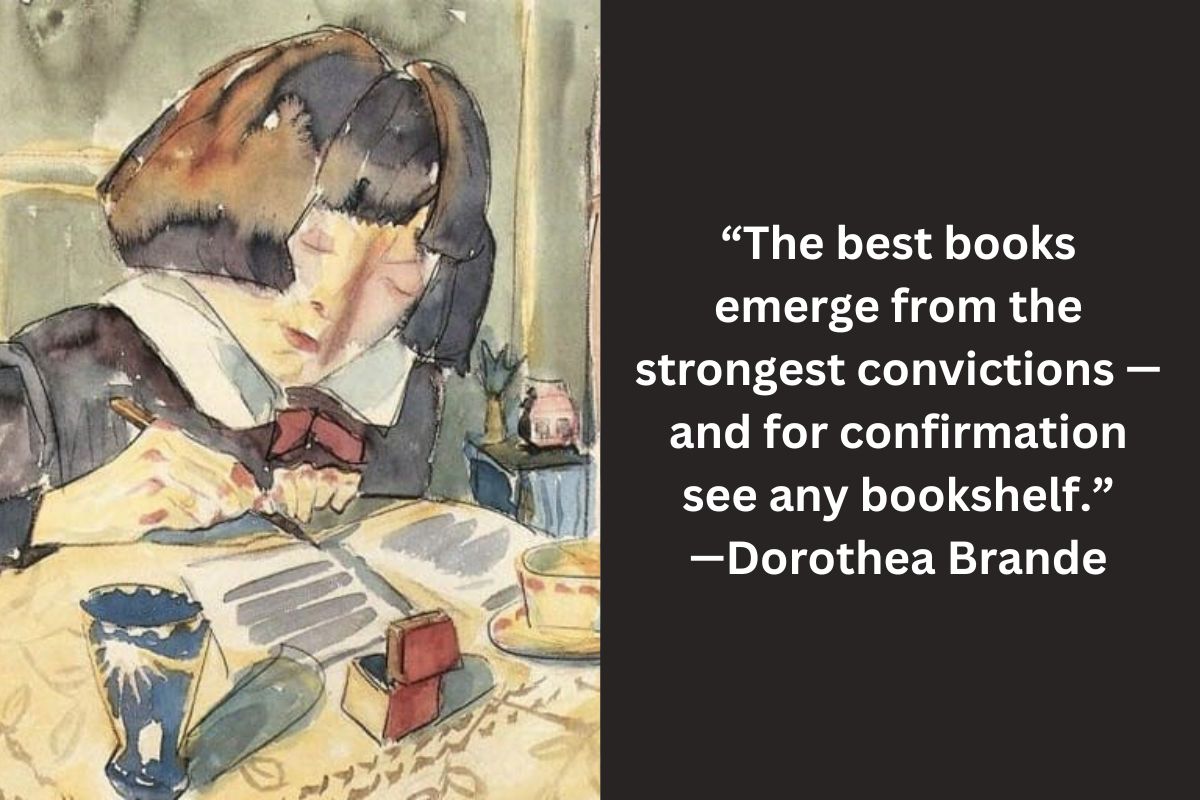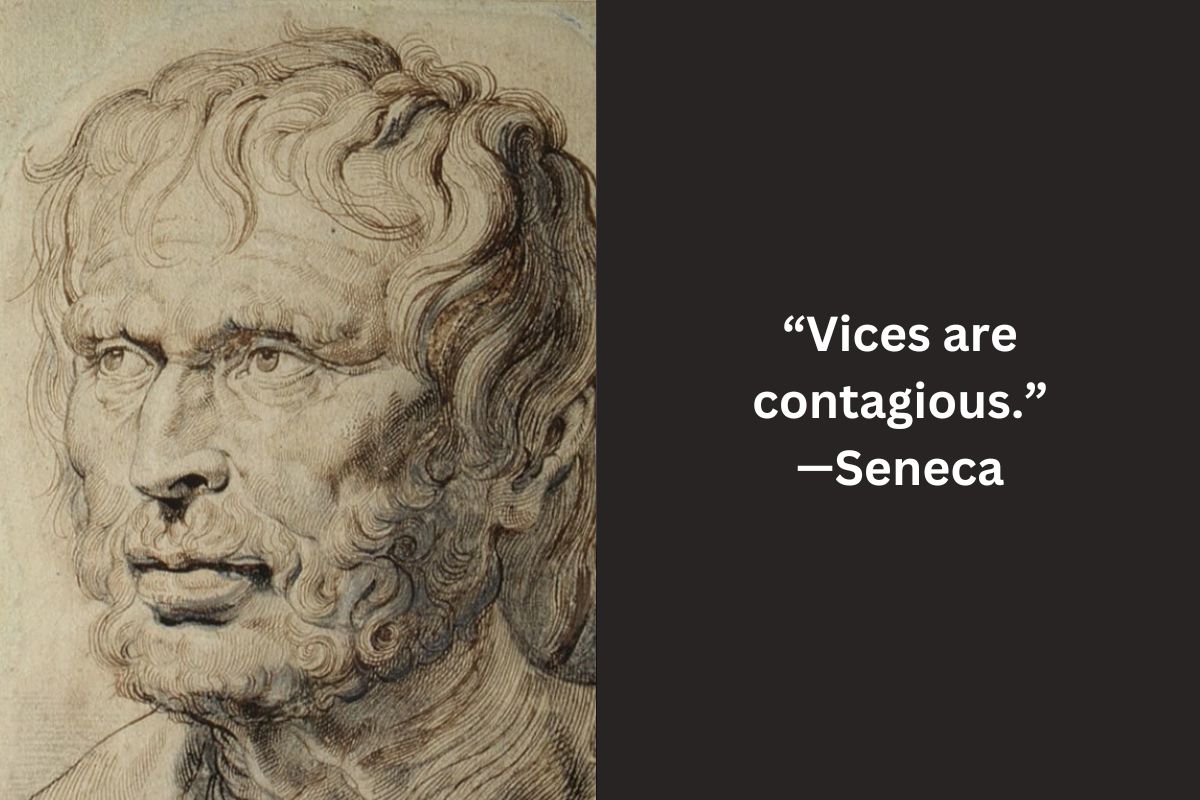 Renowned psychoanalyst and philosopher Erich Fromm (March 23, 1900–March 18, 1980) was one of the most significant public intellectuals of the twentieth century. Living and working at the height of the Cold War and imminent threat of a nuclear annihilation, he put an enormous effort into bridging the gap between high government officials and human rights and peace activists as he became the founder and major funder of the National Committee for a Sane Nuclear Policy and Amnesty International.
Renowned psychoanalyst and philosopher Erich Fromm (March 23, 1900–March 18, 1980) was one of the most significant public intellectuals of the twentieth century. Living and working at the height of the Cold War and imminent threat of a nuclear annihilation, he put an enormous effort into bridging the gap between high government officials and human rights and peace activists as he became the founder and major funder of the National Committee for a Sane Nuclear Policy and Amnesty International.
His emphasis on the importance of love, his unrelenting opposition to war, his stark criticism of consumerism, and his all-embracing humanism has made him one of the most read and admired figures whose legacy continues to inspire millions to build a better life for themselves and those around them.
In a rare 1958 Mike Wallace interview, Erich Fromm shares his deep insights about our relationship to work, the ability to be in a loving relationship, what Dale Carnegie has to do with the spiritual renaissance of the twentieth century, religion, happiness, and other eternal subjects of our lives. Interview highlights can be found below the video. Please enjoy.
ERICH FROMM MIKE WALLACE INTERVIEW
WALLACE: What would you say is happening to man, American man, in relationship to his work?
FROMM: I think his work is to a large extent, meaningless, because he is not related to it. He is increasingly part of a big machinery, social machinery, governed by a big bureaucracy… and I think American man unconsciously hates his work very often, because he feels trapped by it… imprisoned by it… because he feels that he is spending most of his energy for something which has no meaning in itself.
WALLACE: Let’s talk about man in relation to his love, his marriage.
FROMM: Love today is a relatively rare phenomenon. We have a great deal of sentimentality, we have a great deal of illusion about love, namely as a…as something one falls in. But the question is that one cannot fall in love, really; one has to be in love. And that means that loving becomes, and the ability to love, becomes one of the most important things in life. … Love is not easy. All great religions postulate love as one of the greatest accomplishments. If it were that easy, or as easy as most people think, certainly, the great religious leaders would have been rather naive.
WALLACE: What about man in relationship to his religion?
FROMM: We have a religious renaissance today in America … what is attempted in this religious so-called “renaissance” is kind of a mixture – between Dale Carnegie, How to Win Friends and Be Successful and the norms of the Bible, of the Old and the New Testament. And in a kind of a clever, and sometimes not so clever way, people try to combine the two. Well, that is actually very much the contrary of the spirit of our true religious tradition.
WALLACE: And happiness?
FROMM: Well, happiness is a very proud word of our whole cultural heritage. … I think if you would ask people what their concept of Heaven is, and if they were honest, they would say it’s a kind of big department store with new things every week, and enough money to buy everything new. … [But what] happiness should be [is] something which results from the creative, genuine, intense relatedness – awareness, responsiveness, to everything in life – to man, to nature. Happiness does not exclude sadness – if a person responds to life, he’s sometimes happy and sometimes sad. What matters is he responds.
For a deeper dive into Erich Fromm’s life and intellectual legacy you can’t go wrong with The Lives of Erich Fromm: The Love’s Prophet by Lawrence J. Friedman. Based on remarkably extensive research, it traces Fromm’s life from his childhood years in an observant Jewish household and illuminates how culture and environment shaped his thinking and personality. Friedman’s own acquaintance with Fromm started with the Mike Wallace interview you’ve just watched as he writes, “The one television program my Eastern European émigré grandfather and I watched together was The Mike Wallace Show, a forerunner of Sixty Minutes. Wallace conducted an hour-long interview of Erich Fromm, introducing him as a man with essentially two “lives”—the most important psychoanalyst since Freud and a major champion of peaceful coexistence with the Russians. Over the course of the interview, Fromm tastefully expanded on Wallace’s descriptions of his two apparent lives, defining himself, first, as a psychoanalytically informed clinician; second, as a political activist; third, as a social critic; and, fourth, as a writer committed to instructing society.”
Complement with Aristotle on happiness as a quality of a complete life.







